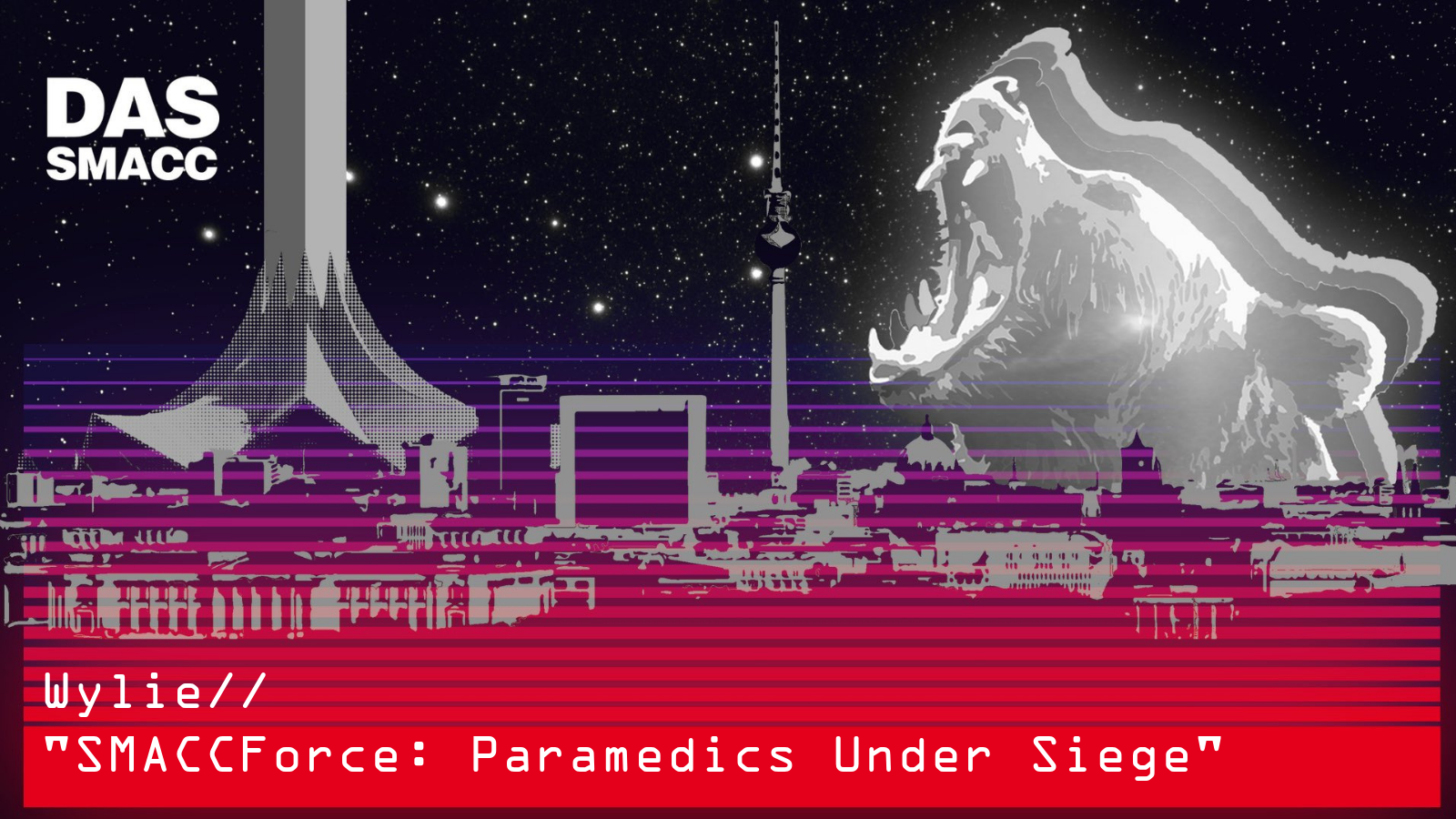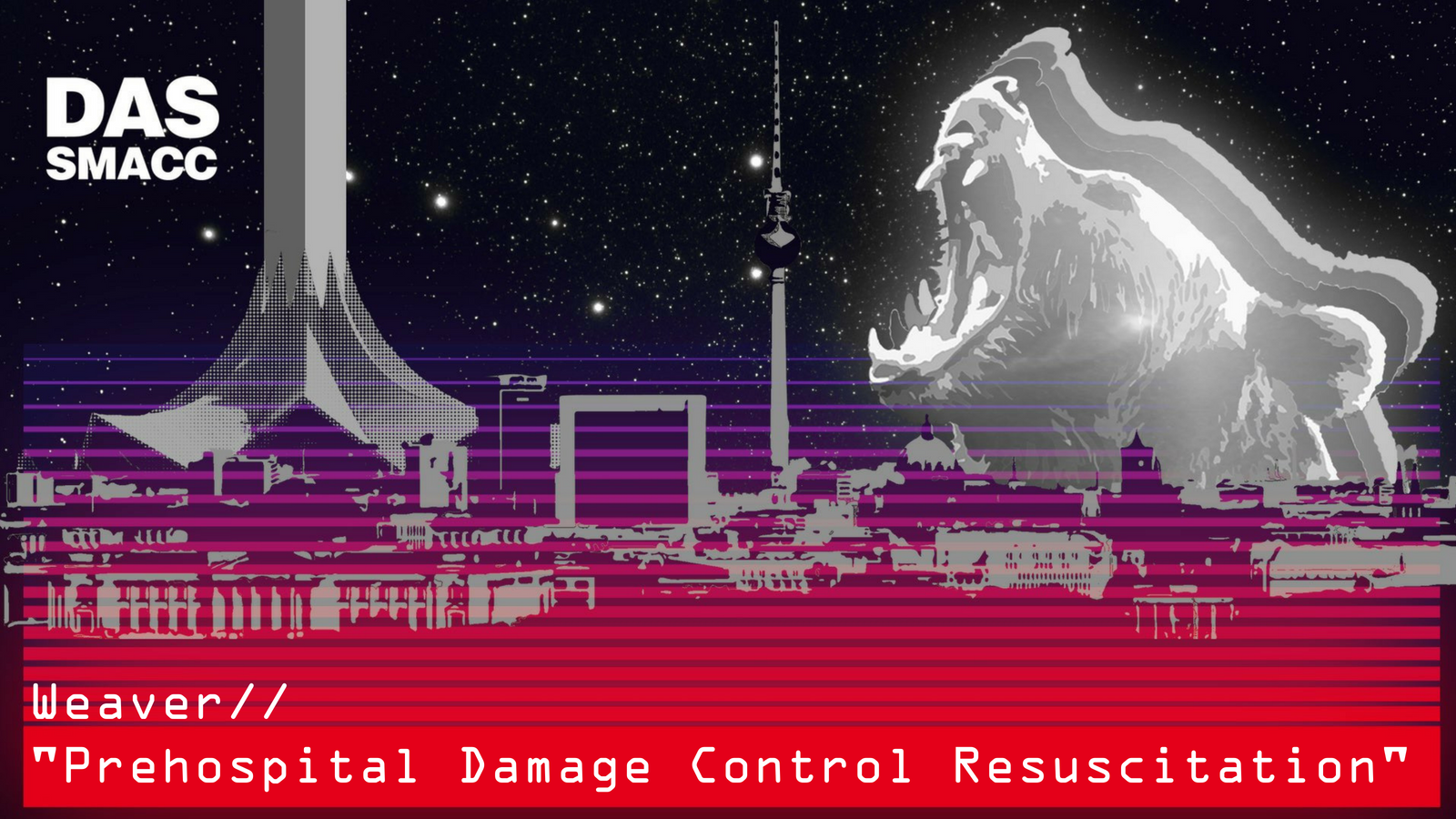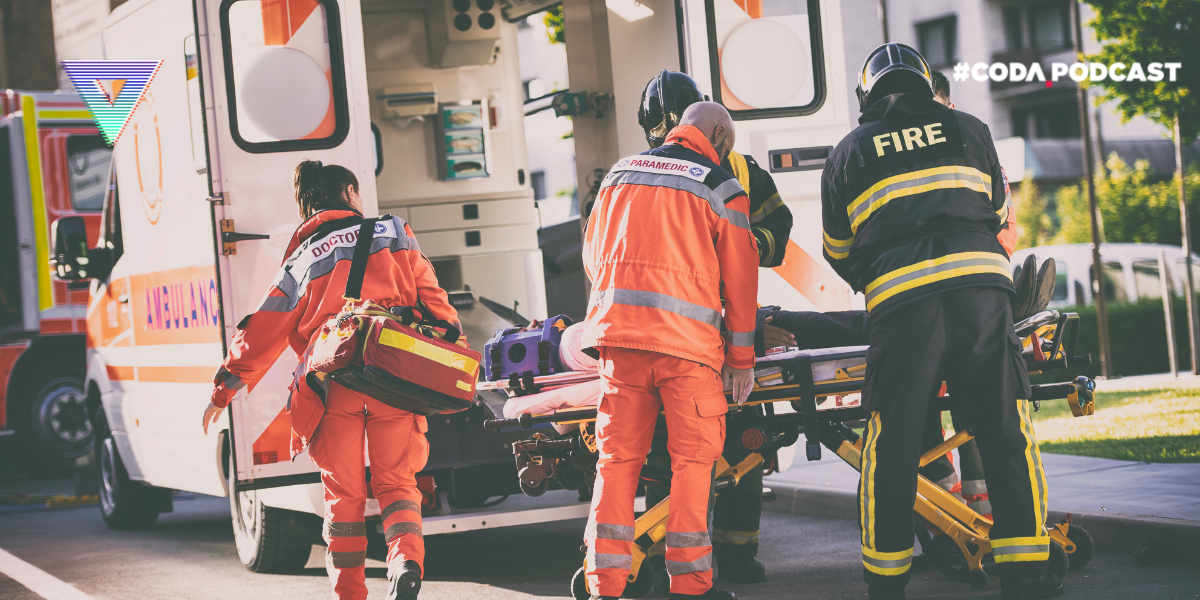Violence against healthcare workers – Paramedics under siege
Acts of violence against paramedics is disgraceful but not doing anything about it is much worse.
From DAS SMACC, Craig Wylie speaks to us about violence against paramedics in South Africa.
In the four years leading up to this talk in 2017, there were 250 attacks against paramedics. In a neighbourhood where there can be up to 100 gunshots in three hours, this almost shouldn’t be surprising.
Craig tells a story where he was called out to an emergency where his colleagues were under attack.
His first thought? Why didn’t they get a police escort? But in a low to middle income country, it is rarely that straightforward.
Where there is a high crime rate and may only be two police vehicles on duty, it isn’t always as easy as waiting for a police escort.
Additionally, if paramedics had to rely on police attending their emergencies, is this just introducing another barrier to care?
Craig asks three simple questions:
1. Has our management failed our staff members?
2. Have we done enough that the paramedics that we employ can protect themselves?
3. Have we as an EMS system entirely lost the plot towards our paramedics and how we respond to patient emergencies? The solution? Craig suggests it is all in the training.
Paramedics need to be trained to understand the situations, to have a strong action plan, to have an exit plan and to involve community leaders.
The team need to be trained to understand how to protect themselves so that they can provide care, whilst also looking out for themselves.
Tune into a talk from DAS SMACC on Violence against healthcare workers – Paramedics under siege.
Finally, for more like this head to our podcast page. #CodaPodcast
Craig Wylie
Craig Wylie is an advanced life support paramedic, currently employed as the provider network manager for a South African Ambulance Service. After undergraduate training he completed his Master of Philosophy in Emergency Medicine and serves as honorary lecturer and research supervisor at the University of Cape Town. Craig has a passion for knowledge translation for resource limited settings, which led to him being a part of the founding crew of Brave African Discussions in Emergency Medicine (badEM). Craig can be found on twitter at @craigwylie





